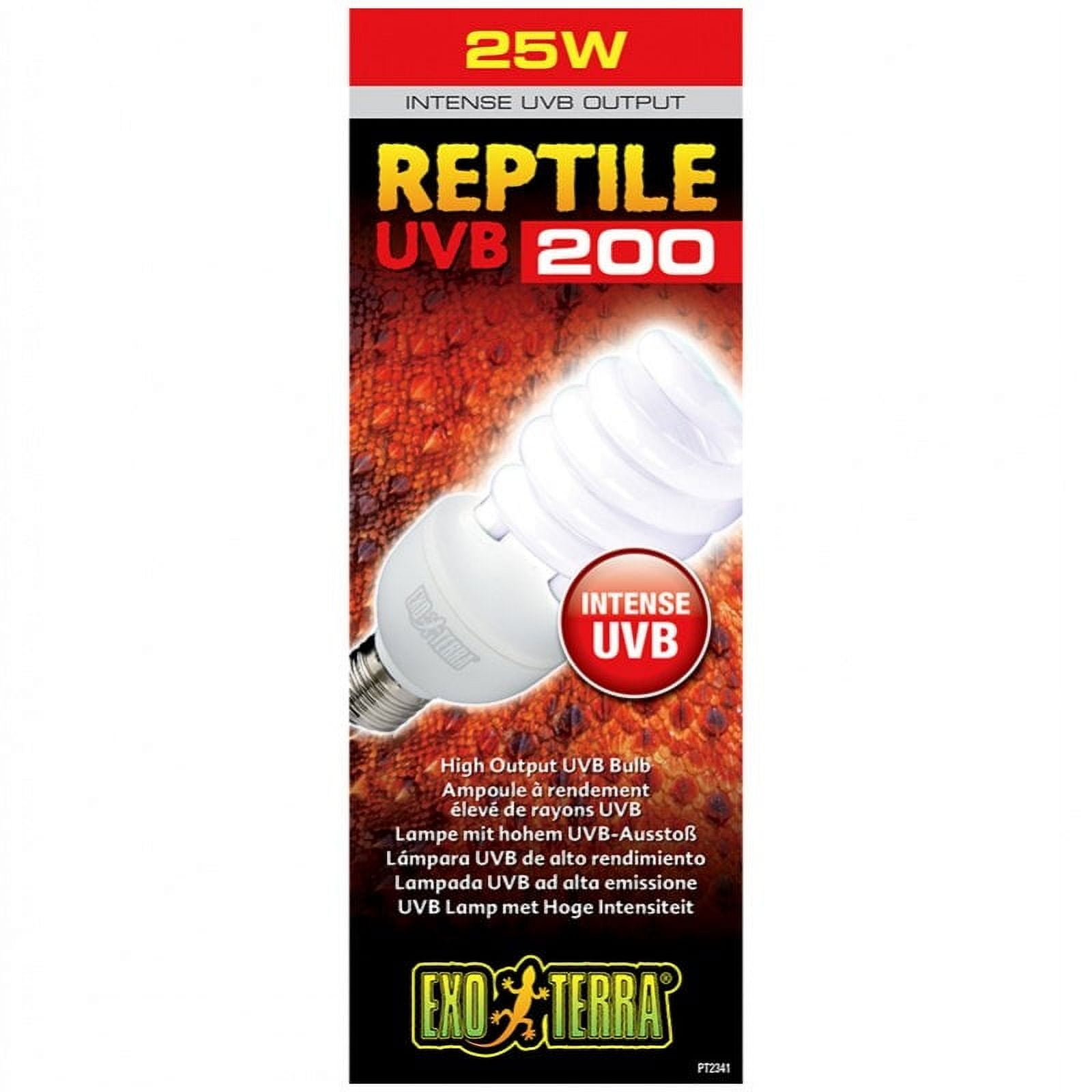I deal with the same thing, though some winters are worse than others depending on other factors. One of the things that helps me most is adding more vitamin d to my supplement stack for the fall & winter months. Last year I changed to liquid vitamin d instead of pills and it made a noticeable difference. Just be careful because it can be easy to overdo it with liquid vitamin d since the bioavailability is so much better.
Another thing is to take advantage of what little natural light we do get this time of year. Besides the vitamin d boost from sunlight on your skin, just having sunlight enter your eyes can boost mood and increase dopamine. I’ve also heard that the natural lamps can help, but I live in SC and have never tried them since we have mild winters and not many consecutive overcast days.
Other than those two big ones, make sure your diet,exercise, and eating habits don’t drop off too much in the winter. In the past I’ve usually had more trouble staying motivated in the winter so workouts suffer, football season and holidays roll through and diet gets pretty rough along with increase in drinking. Those factors in addition to the sunlight changes can make things really rough, so I try to maintain my gym schedule as much as possible and make sure I only drink once or twice/week…and when I do I don’t get really drunk, just a nice buzz.
That has helped, but over the years I’ve also started to appreciate it a little bit, and think of it as a time to reflect and re-evaluate things. There’s a certain perspective that goes along with getting the blues that you can’t really get when you’re in a great mood all the time. Like I said though I’ve found ways to keep myself from getting too deep into it, but being a little melancholy in the winter can be a good thing if you make it. There is a time for everything, and a season for every activity under heaven.













